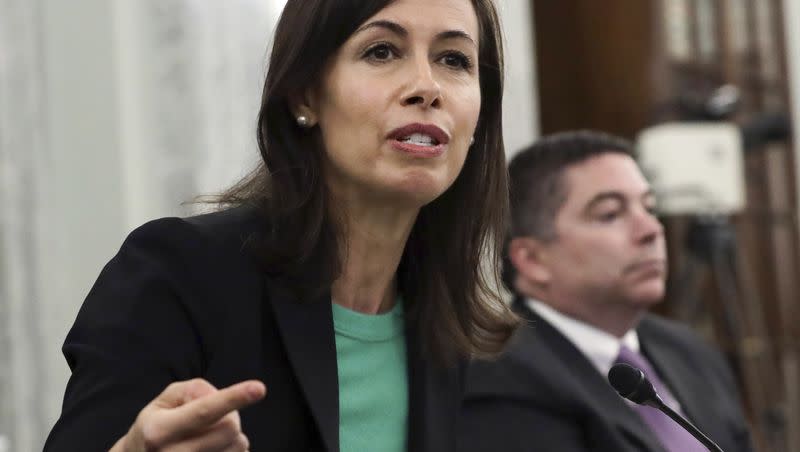FCC declares AI voices used in robocalls illegal

On Thursday, the Federal Communications Commission declared that robocalls made using AI-generated voice will be illegal, effective immediately.
In a released statement, the FCC said, “calls made with AI-generated voices are ‘artificial’ under the Telephone Consumer Protection Act (TCPA),” and that the ruling “makes voice cloning technology used in common robocall scams targeting consumers illegal.” The TCPA is a law passed in 1991 that manages and restricts robocalls and telemarketing calls.
What happened with robocalls in New Hampshire?
The ruling comes after an incident before the primary elections in New Hampshire. According to a news release from the New Hampshire Department of Justice, an estimated 5,000 and 25,000 calls were made to New Hampshire residents. The calls used an AI-generated voice that resembled the voice of President Joe Biden encouraging voters not to participate in the primaries.
After an investigation, which included a task force of 50 attorneys general, the source of the calls was traced to two Texas-based companies, Life Corporation, the source of the calls, and Lingo Telecom, a provider for many of the calls. An individual associated with Life Corporation named Walter Monk was also referenced.
Life Corporation is being issued a cease-and-desist order, per the New Hampshire DOJ’s release.
What does the new ruling do for the FCC?
The new ruling gives the FCC the authority to fine robocallers, block calls from telephone carries found to be facilitating robocalls, and gives individuals or organizations affected by robocalls the ability to bring lawsuits against the robocallers, per the FCC’s release.
FCC Chairwoman Jessica Rosenworcel was quoted in the release speaking of the capabilities of the new ruling. “Bad actors are using AI-generated voices in unsolicited robocalls to extort vulnerable family members, imitate celebrities, and misinform voters,” she said. “We’re putting the fraudsters behind these robocalls on notice.”
Rosenworcel also said state law enforcement across the U.S. more power to combat AI-generated voices in robocalls. “State Attorneys General will now have new tools to crack down on these scams and ensure the public is protected from fraud and misinformation.”

